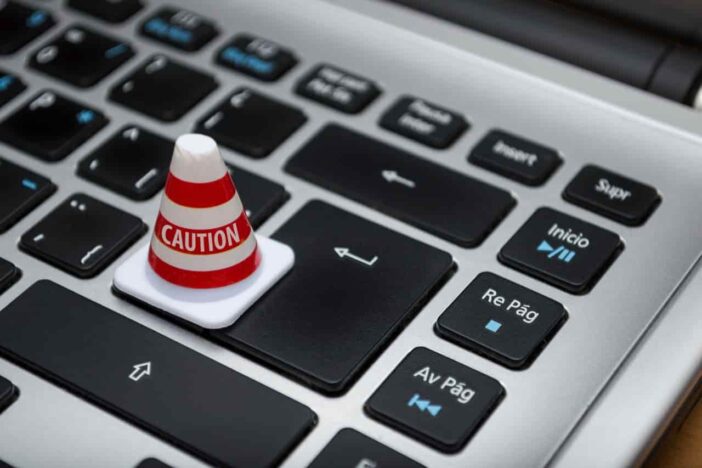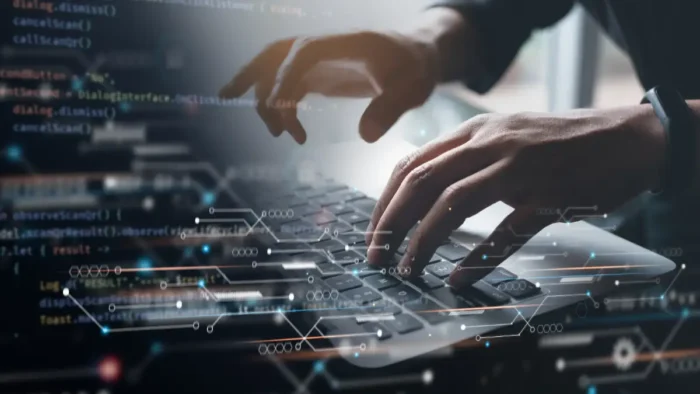The increasing number of cyberattacks targeting personal information and user credentials means there is a growing need for better data protection. Protecting your personal information is vital in today’s modern world, especially when you consider the fact that more than 80% of our lives are stored digitally in the form of digital records, photos, online footprints, and other data.
It’s no longer safe to assume that you might be able to blend in the crowd by changing your IP address with a residential proxy. In recent years, trackers and hackers also started gathering additional data and personal details. Now, the photos you post online, for instance, can be used for facial recognition using AI. Are these new privacy risks threatening your digital privacy?
Covering the Basics
Before we get to the more advanced data collection and use cases, it is important that you take the necessary steps to protect your personal details online. Maintaining privacy online is a lot easier with regulations like GDPR and the privacy tools that are now made available. Rather than going through complicated settings, managing your privacy online is a lot easier.
You can start by understanding the privacy policy of online services you use. All online service providers must disclose their privacy policy and details about how they manage user information. If you are not comfortable with how your user credentials and information are handled, you can choose to have your entire data deleted.
Online privacy settings are also a lot simpler. Google now recommends a thorough privacy and security assessment to all of its users. GDPR may have triggered this move, but the tools are available to users from around the world. You can configure how much personal information Google is allowed to collect whenever you are on the company’s network of services.
Adding a proxy server between you and the servers you are trying to access is also a good idea that still works to protect your privacy. By adding a different IP address between you and the rest of the internet, you are limiting the ability of web services and providers to track your every move online. You are also anonymizing your online presence.
As an added measure, make sure your devices are kept up to date. Adding an anti-malware and internet security suite to the devices you use to browse the internet is also highly recommended. At the same time, you can activate specific features such as do-not-track on your browser and internet tools. This is how you remain anonymous online.
The Era of Facial Recognition
Safeguarding your personal details online is only one half of the equation. Tracking scripts are becoming more advanced and more personal information is being gathered online. This includes photos you share on social media and the selfies you upload to the cloud. Machine learning algorithms can be programmed to recognize your face.
This isn’t an empty threat either. China recently profiled more than 500,000 of its citizens based on data collected from the internet. Even worse, the profiling is done to target minorities in the country. The Chinese government is not shy about its cooperation with startups and private companies in mining facial data.
The technology behind facial recognition has evolved. While traditional AI isn’t capable of recognizing faces in large numbers, the introduction of deep machine learning and reinforcement learning are making facial recognition AI algorithms more accurate. In the case of minority profiling in China, the 500,000 profiled faces allowed the algorithms to target more than 11 million Uighurs.
The Chinese government isn’t the only government utilizing AI for facial recognition, and it is certainly not the last government to use facial data for tracking and profiling purposes. If AI companies in China can collect massive amounts of data for government use, advertising purposes, and other use cases, combined with the data already collected by the Chinese government, the potential is scary indeed.
Additional Safety Measures
It is clear that western countries are using the same technology for similar use cases. While regulations in the United States and European countries are stricter, nothing really stops private companies and government entities from working together to profile citizens using facial data. Taking extra steps to protect your identity is a must.
You can start by limiting what you share on social media and other websites. Posting selfies to get likes or sharing family photos so everyone can comment on them is fun, but it is not the most secure thing to do online right now. The photos you share online can be scraped and fed into a machine learning runtime to be profiled.
Investing in a good baseball cap or a hoodie is not a bad idea either. This may seem like a paranoid move to make, but between the CCTVs in public areas and the photos you willingly share online, training an AI to recognize and track you personally isn’t difficult at all. You’ll be surprised by how much a baseball cap or a simple disguise can help protect your privacy.
Some people even go as far as altering their facial features to avoid being tracked all the time. This is a high-level security measure that is incredibly handy when you live in countries like China; China’s facial recognition system is threatening millions of people and changing one’s face is the only solution under the circumstances.
Staying Anonymous and Avoiding Tracking
If you think China’s use of facial recognition cannot happen in the United States, a quick Google search for “Clearview” will change your mind. Clearview is a facial recognition app that is currently being used in San Francisco for law enforcement purposes. This means law enforcement agencies are already actively using facial recognition for profiling.
What’s scary is the fact that the app is only 75% accurate. You are right to be concerned; you are certainly right to take steps in order to protect your privacy. Before the issue gets any bigger, use the tips and tricks we covered in this article to begin maintaining your privacy from today. You can never be too careful with the data you share online, especially with personal photos and selfies.





